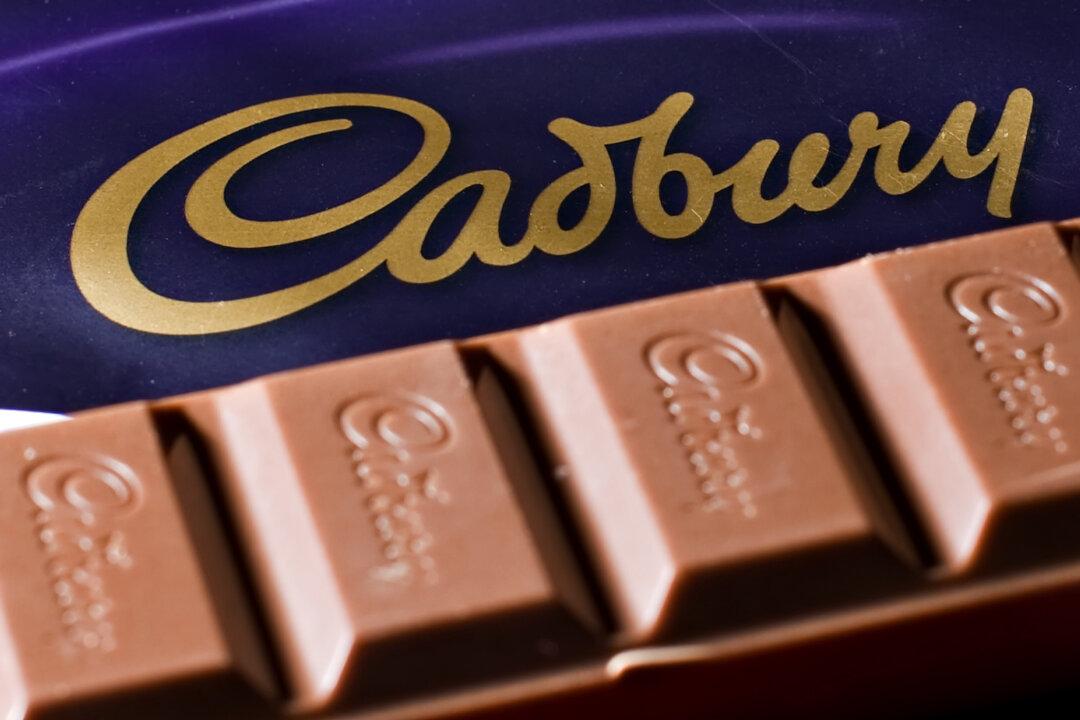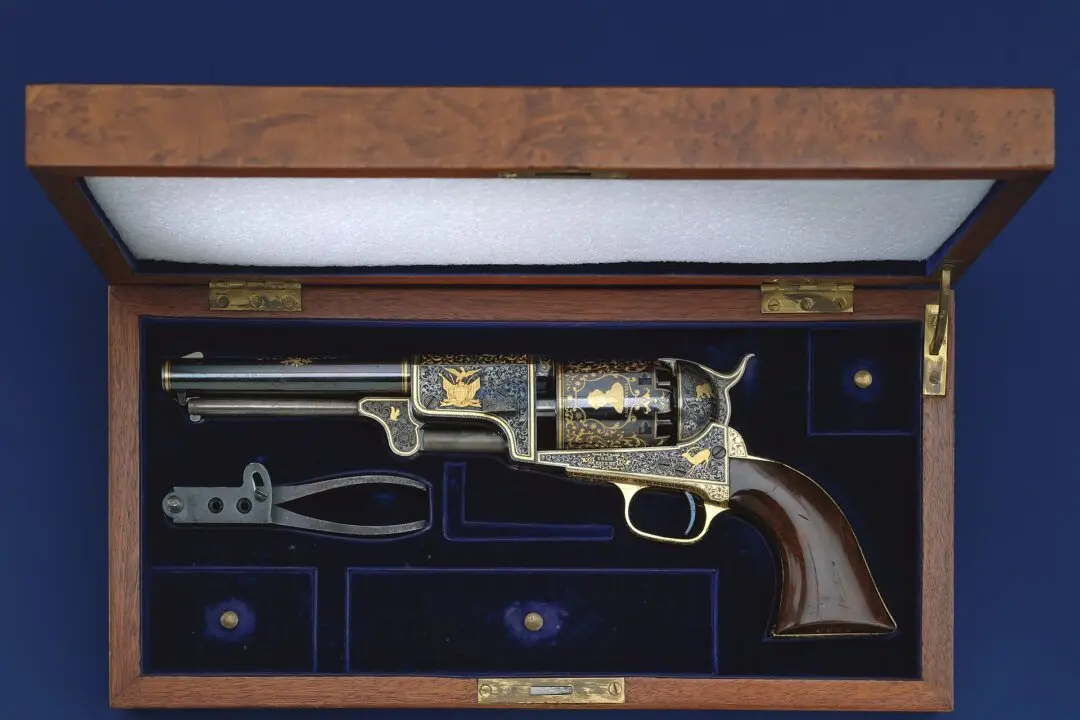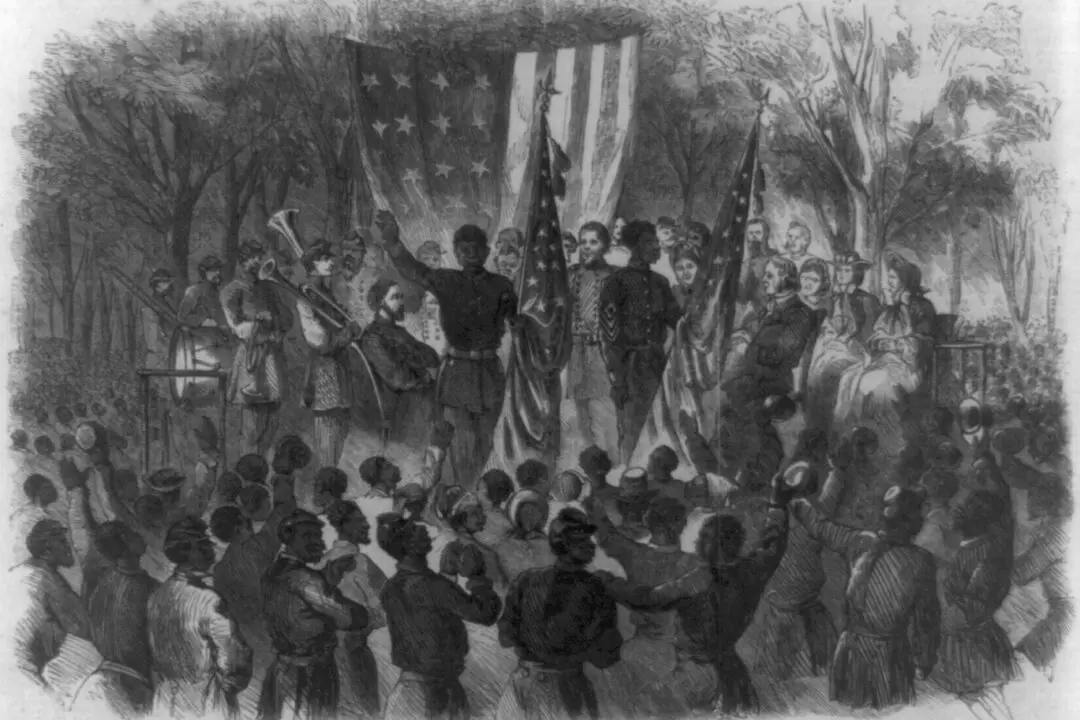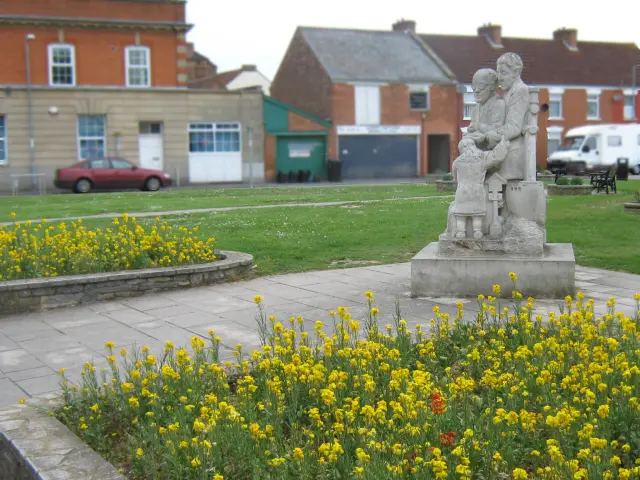As he walked through his English hometown, John Cadbury (1801–89) counted nearly 600 alcohol retailers and almost 100 pubs. Cadbury was born in 1801 in Birmingham, England, to a Quaker family that opposed slavery and believed that alcohol was the main cause of poverty.
Cadbury’s family noticed many fine qualities in him, even as a young man. His Aunt Cash wrote a letter to her son Joel (Cadbury’s cousin) saying that Cadbury was a wise, energetic young man who possessed a strong athletic form. Cadbury’s sister Maria also once wrote about Cadbury’s intelligence and energy at a young age, also saying that he dressed better than the other boys at school.






